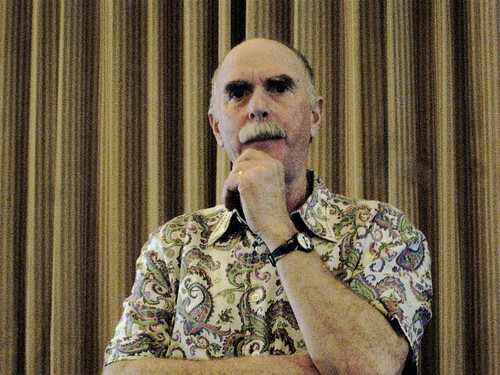I came across this Super Mario Brothers video on Youtube today. It’s a wonderfully produced, short animation written from the Goomba perspective. As I watched it, the former social studies teacher in me thought that this would be a great video to introduce topics like historical perspective, bias, and propaganda within the social studies, history, or even English curricula.
Sharing this tidbit is nothing huge, and I could have probably just let it go as this tweet. However, as I’ve become increasingly concerned about the ownership, longevity shareability, and development of my own thinking, I’m trying to be more conscious about where I’m sharing ideas. In other words, I’m hoping to get back into the habit of sharing more in this space – my space. We’ll see.
For now, enjoy First Person Goomba.
Edit: I thought afterwards that this video also relates to the concept of empathy. If you are interested in a fantastic video on the importance of empathy, check out “The Power of Outrospection” (especially this video) from Roman Krznaric.






